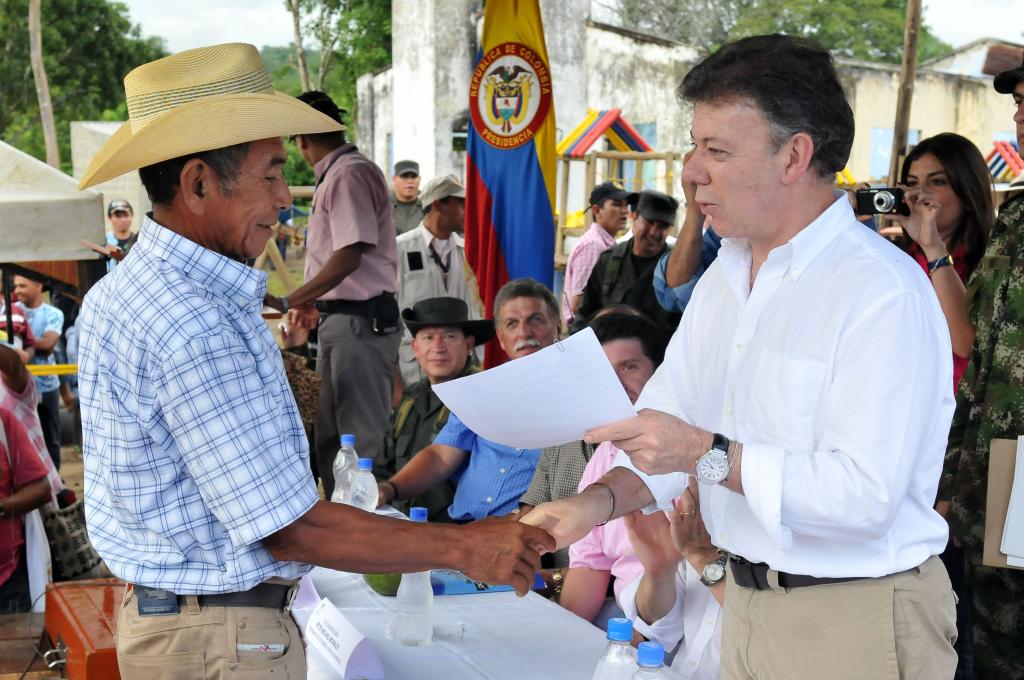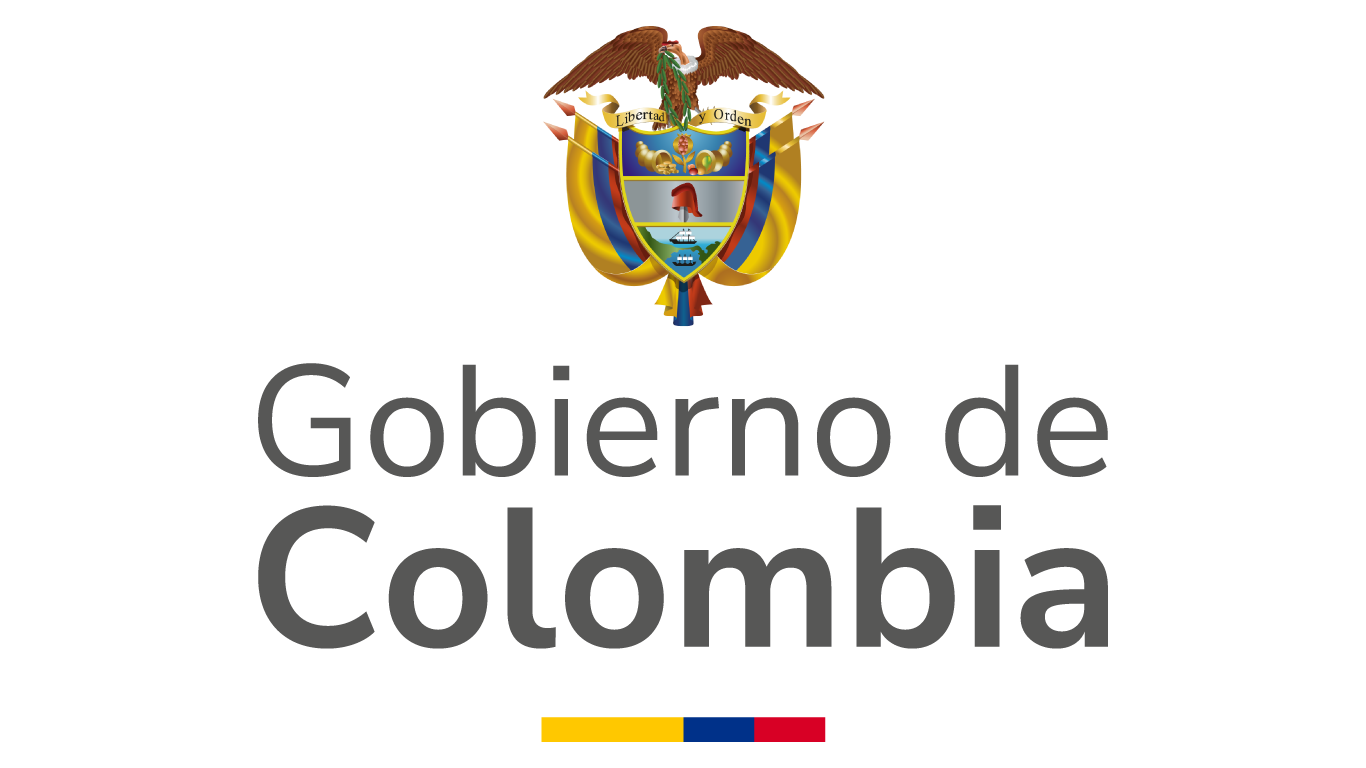Bogotá (Sep.15/11). El Departamento de Estado de Estados Unidos certificó los esfuerzos del Gobierno colombiano en la protección de los derechos humanos. Así lo hizo saber en un documento entregado al Congreso.
"Durante el periodo de certificación, el Gobierno colombiano tomó una serie de pasos importantes para mejorar el respeto a los derechos humanos, tanto dentro de las Fuerzas Armadas como en el país en general. Además, ha fortalecido los esfuerzos para desmantelar a grupos armados ilegales, y firmado leyes que endurecen las penas para los delitos contra activistas de derechos humanos", entre otros pasos, indicó el comunicado expedido por el Departamento de Estado.
El gobierno estadounidense hizo especial énfasis en la aprobación de la Ley de Víctimas y restitución de tierras.
A continuación el documento en su versión original
Determination and Certification of the Colombian Government with Respect to Human Rights Related Conditions
On September 8, 2011, the Department of State determined and certified to Congress that the Colombian Government is meeting statutory criteria related to human rights. This determination and certification, pursuant to Section 7046(b) of the Department of State, Foreign Operations, and Related Programs Appropriations Act, 2010, as carried forward in the Full-Year Continuing Appropriations Act, 2011, permits the full balance of FY 2011 funds for the Colombian Armed Forces to be obligated.
During the certification period, the Colombian Government took a series of important steps to improve respect for human rights, both within the Armed Forces and in Colombia at large. Since taking office one year ago, President Santos signed a new Military Penal Code, facilitated the appointment of a Prosecutor General after a 16-month vacancy, supported judicial authorities’ efforts to vigorously combat corruption, strengthened efforts to dismantle illegal armed groups, and passed legislation stiffening penalties for crimes against human rights defenders, among other steps. The government also significantly improved respect for and recognition of human rights defenders by eliminating judgmental commentary by government officials about such groups and individuals, increasing outreach to NGOs, and publicly condemning threats and attacks against them. Most notably, in June, President Santos signed a historic Land and Victims’ Law that will provide assistance, reparations, and land restitution to approximately four million Colombians – including victims of state violence – over the next decade.
More remains to be done. Threats and attacks against human rights defenders continue to be a significant problem, as the Colombian government acknowledges. As the government has advanced its land restitution policy, criminal interests have targeted land activists; more than a dozen have been murdered this year. Despite a sizeable protection program, NGOs claim the government is not effectively protecting human rights defenders and have underlined the importance of designing and putting in place a comprehensive security strategy to ensure effective implementation of the Land and Victims’ Law without violence. NGOs rightly stress the importance of investigating and prosecuting threats and attacks against human rights defenders.
The new Prosecutor General is committed to improving the administration of justice and to eliminating the backlog of pending human rights cases, including some 1,500 alleged cases of extrajudicial executions. It is essential that the Colombian government support her with appropriate resources and clear political will. Finally, while much progress has been made, it is important that the Armed Forces—both military and police—stay focused on the years-long process of building a human rights culture within their institutions, especially by rebuilding trust in those communities most affected by the conflict and where allegations of collusion with criminal groups persist.
The United States Government remains committed to engaging with the Colombian Government, international organizations, and human rights groups to improve the human rights performance of the Colombian Armed Forces and build respect for human rights throughout the country. President Santos’ commitment and energy present a unique opportunity for the government, civil society, and the international community to work together to find solutions to the remaining challenges in order to build a lasting peace in Colombia.











